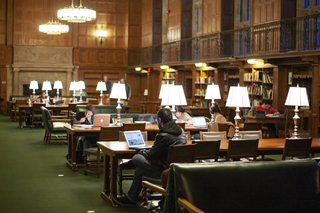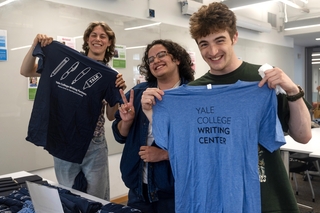Unfair Paraphrase Example #1
Most cognitive scientists, whether they are neuroscientists or psychologists or artificial intelligence researchers, tend to avoid questions about consciousness by focusing mainly on peripheral and subordinate systems of the mind/brain, which are thought to assist a mysterious center where consciousness and subjective experience happen. The effect of this is to leave too much of the mind’s work for the center, and this means that theorists understate how much understanding must be done by the outer systems of the brain (Dennett 39).
Discussion Regarding Paraphrase 1
Cosmetic changes don’t cut it
The writer of this Paraphrase 1 has plagiarized from the original because she has simply replaced the words of the original with synonymous words and phrases, instead of rewriting the key ideas in her own words. She takes the structure of the original for her own, including the phrasing of the original’s sentences (the same introductory and main clause structures) and the overall movement from sentence to sentence. This kind of cosmetic changing that leaves the original intact is unacceptable.
Dennett: “Almost all researchers in cognitive science, whether they consider themselves neuroscientists or psychologists or artificial intelligence researchers, tend to postpone questions about consciousness by restricting their attention to the “peripheral” and “subordinate” systems of the mind/brain, which are deemed to feed and service some dimly imagined “center” where “conscious thought” and “experience” take place.”
Paraphrase 1: “Most cognitive scientists, whether they are neuroscientists or psychologists or artificial intelligence researchers, tend to avoid questions about consciousness by focusing mainly on peripheral and subordinate systems of the mind/brain, which are thought to assist a mysterious center where consciousness and subjective experience happen.”






